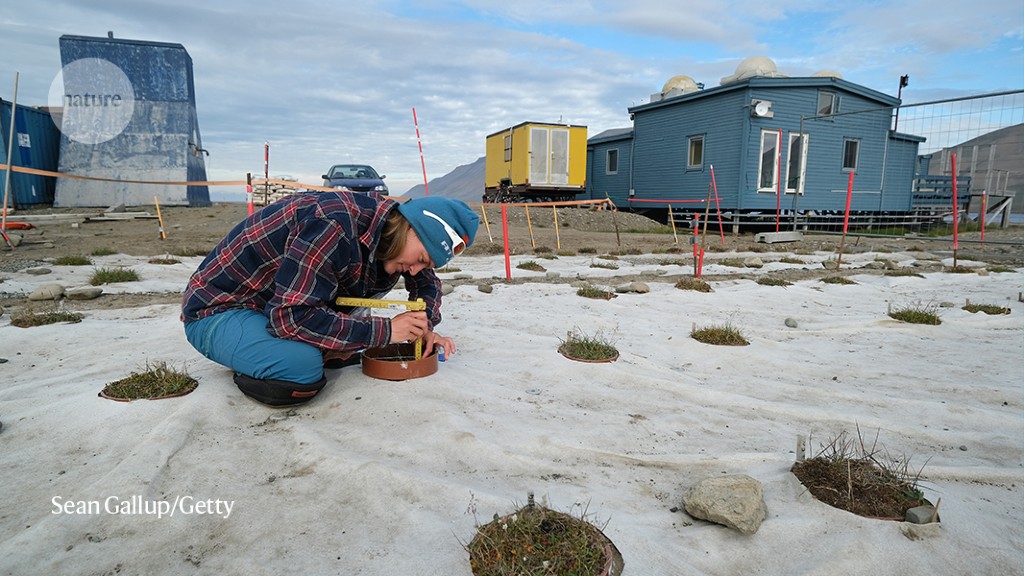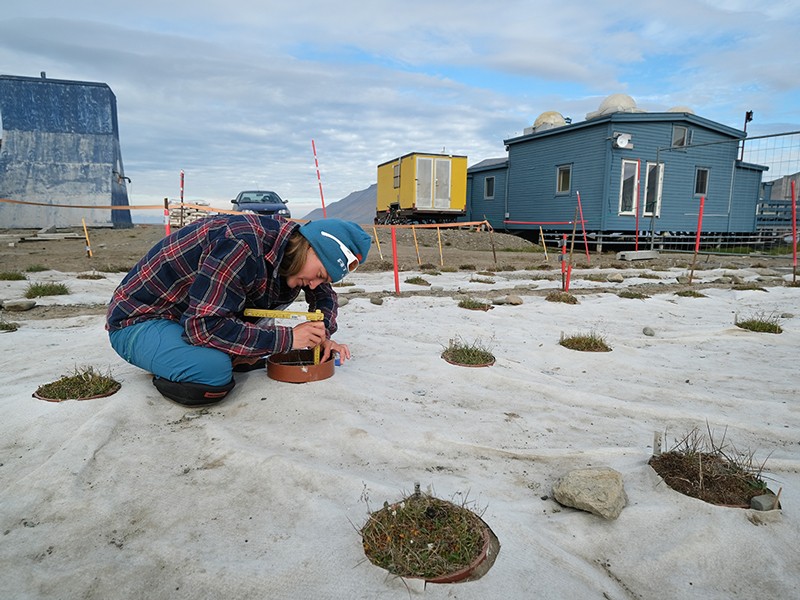The Arctic has long been a place where national economic interests and planetary health collide. For decades, competition for access to the region’s vast oil and gas reserves has been intensifying between countries that border the Arctic. But, at the same time, those nations have been working together on a range of fronts, including research. Among their scientific collaborations are studies of the fragile Arctic environment, which is seeing ice-free days for more of the year as the globe warms.
Russia’s invasion of Ukraine has drastically escalated regional tensions, and many collaborations are now in peril. Since March, the work of the Arctic Council — an intergovernmental forum comprising eight nations and six Indigenous groups — has been suspended, partly because Russia is the current holder of the body’s rotating chair. Last month, the seven other nations agreed to proceed on limited work without Russia, and discussions are under way about how the role of chair might pass to Norway next year, as planned.
Scientific collaborations have been similarly affected. Much of the research and data sharing relating to the Russian Arctic is on hold, in part because of restrictions imposed by funding agencies in Europe and the United States. Moreover, a number of field experiments originally planned for the region have shifted to the North American or European Arctic. Several international efforts to study permafrost have already been disrupted as a result of economic sanctions against Russia. Although permafrost research is undoubtedly continuing in Russia, the data are no longer widely accessible — cutting off a key source of information for climate models that help researchers to predict future warming.
The ebb and flow of collaboration
To some extent, such developments are not unexpected. As Nature reports in a Feature, the invasion has had a negative impact on world science — and especially on collaborations between Russia, the United States and Europe. The reason, as analysts rightly point out, is that scientific collaboration often follows the ebb and flow of broader relationships between nations. When relations go cold, that inevitably affects collaborations, too. However, cutting off all research links is in no one’s interests, given the severity of the global problems humanity faces.
The Arctic is warming at least three times as fast as the global average; the Norwegian archipelago of Svalbard has just reported its warmest June on record. Melting sea ice is wreaking havoc with hunters’ livelihoods; thawing permafrost is causing serious subsidence that can destroy buildings and roads; and wildfires are sending thick palls of smoke into northern cities.
In the face of the war in Ukraine, it might seem tempting to set aside science and climate cooperation for the time being. But that would be short-sighted. Russia makes up about half of the circumpolar Arctic, and plays a crucial part in monitoring environmental change across the region. The necessity of tackling climate change means it is crucial that Arctic nations’ researchers, funders and research policymakers find creative ways to keep lines of communication open.
Some projects are nearing completion. Ways can surely be found to progress these and see them through to completion. For example, a draft assessment of natural and anthropogenic radioactivity across the Arctic is almost complete and needs to be published when ready. It falls under the Arctic Monitoring and Assessment Programme and incorporates previous input from Russian scientists.
Like people around the world, Arctic residents are increasingly worried about food and energy security. The war in Ukraine has sent fuel prices skyrocketing, adding cost and complexity to the often resource-strained effort of living in the far north. This must not be forgotten as public attention focuses on concerns elsewhere.
At the same time, all efforts to maintain research collaboration (where safe and where possible) need to be sustained. It is unwise — indeed, counterproductive — when regional and bilateral tensions end all science links. This didn’t happen during the cold war. It hasn’t happened during some of the twentieth and twenty-first centuries’ other conflicts. It must not happen now.







More News
Daily briefing: Why exercise is good for us
Daily briefing: Orangutan is first wild animal seen using medicinal plant
Old electric-vehicle batteries can find new purpose — on the grid